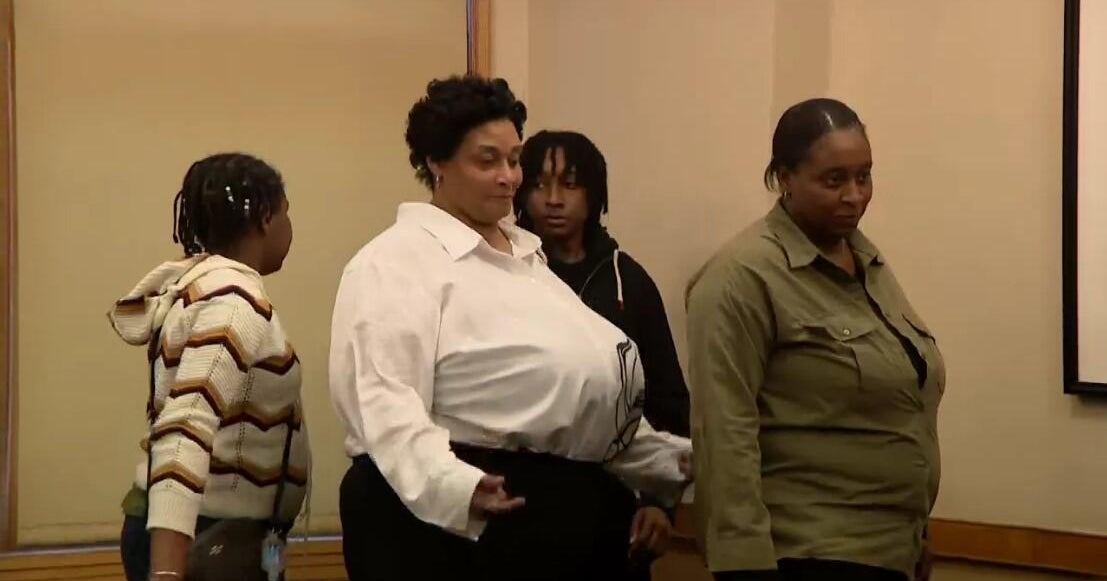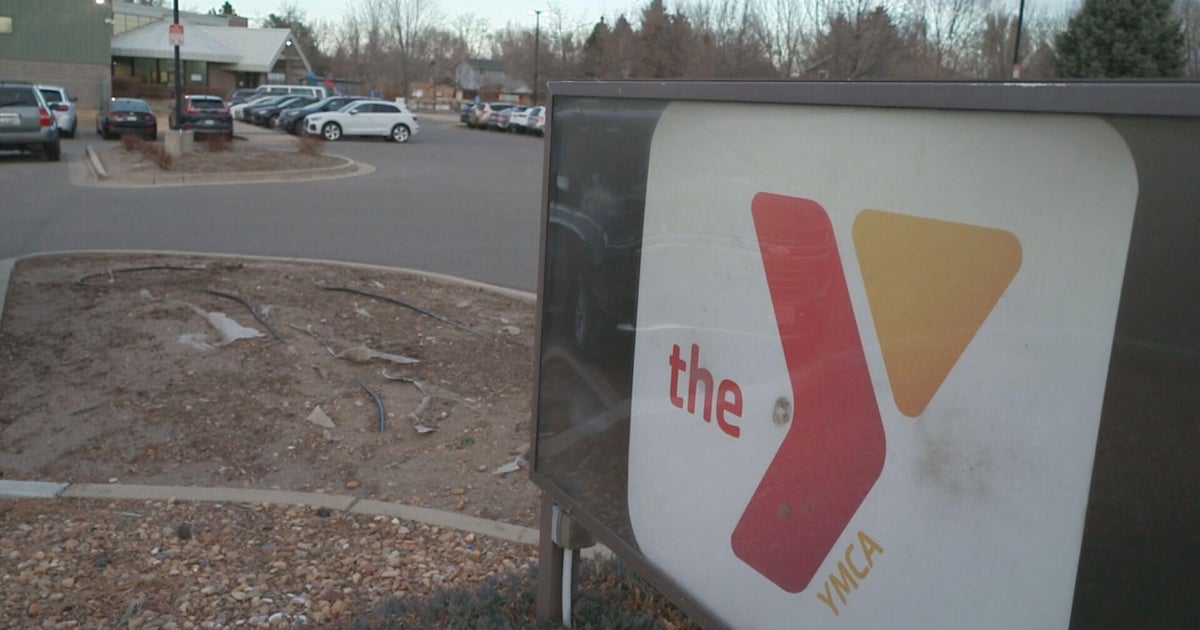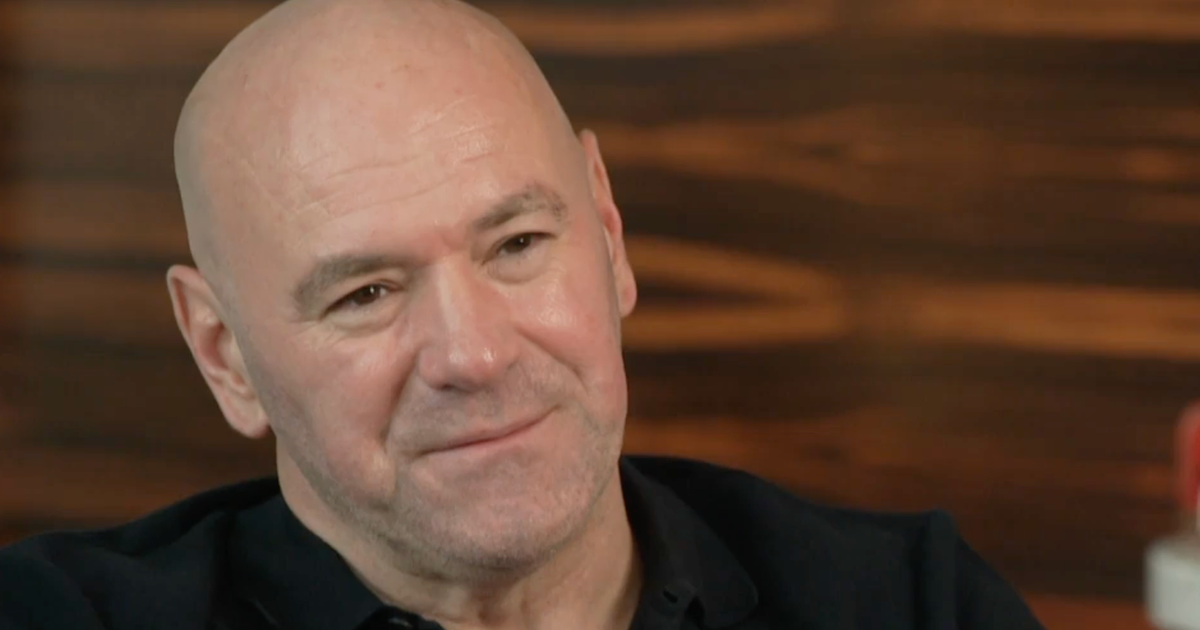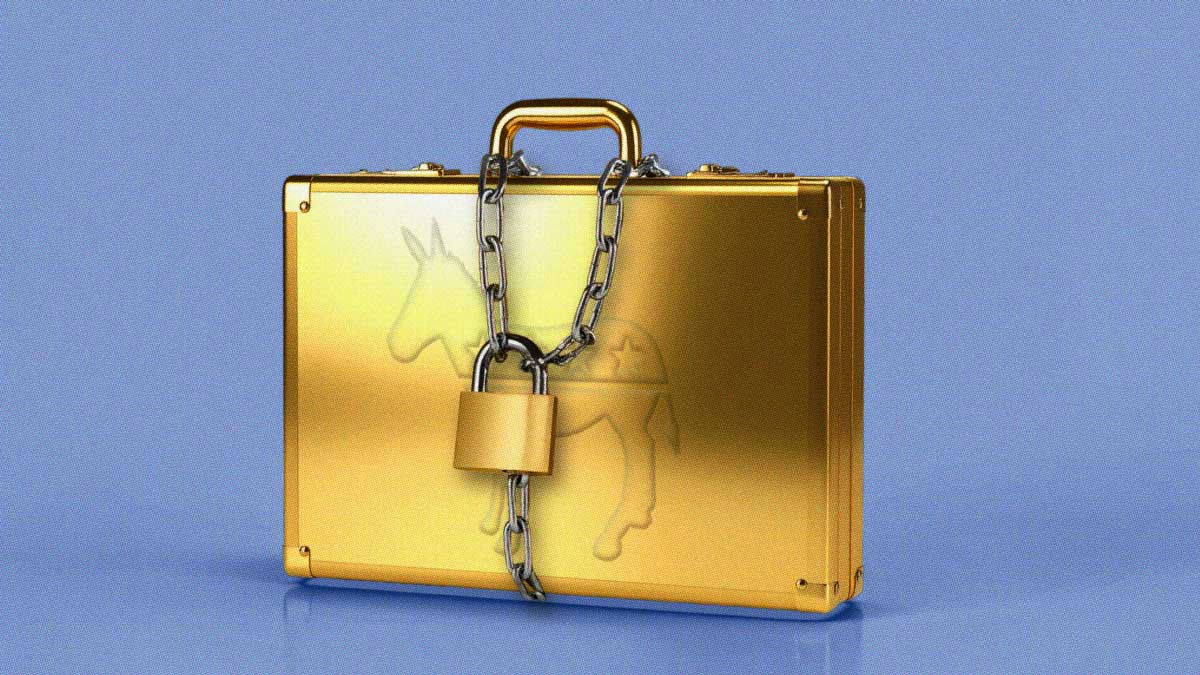Former NRA CEO Wayne LaPierre was found liable by a jury. Here's what to know about the civil trial.
Wayne LaPierre, who for decades controlled the National Rifle Association, was found liable by a jury in a civil suit that accused the former CEO of the powerful gun rights organization of misusing tens of millions of dollars in a lawsuit brought by the New York attorney general's office. He was ordered to repay more than $4 million to the organization.
The 74-year-old announced his resignation as executive vice president and CEO earlier this year, its effective end on Jan. 31 capping off a more than three-decade run at the nonprofit, which he has helmed since 1991.
"I've been a card-carrying member of this organization for most of my adult life, and I will never stop supporting the NRA and its fight to defend Second Amendment freedom," LaPierre said in a statement last month when announcing his resignation. "My passion for our cause burns as deeply as ever."
Closing arguments capped off six weeks of testimony in the Manhattan civil trial, including by Oliver North and LaPierre himself. The jury returned its verdict after five days of deliberation.
What were Wayne LaPierre and the other defendants accused of?
The civil lawsuit filed in 2020 by New York Attorney General Letitia James accused LaPierre and three other top officials of diverting "millions of dollars away from the charitable mission of the organization for personal use by senior leadership, awarding contracts to the financial gain of close associates and family, and appearing to dole out lucrative no-show contracts to former employees in order to buy their silence and continued loyalty," according to a release announcing the suit.
The attorney general's office alleged LaPierre, along with Treasurer and Chief Financial Officer Wilson "Woody" Phillips, former Chief of Staff and the Executive Director of General Operations Joshua Powell and Corporate Secretary and General Counsel John Frazer failed to follow both state and federal laws, losing more than $64 million of NRA funds in three years.
LaPierre regularly had the NRA pay his personal expenses, "including private jet travel for purely personal reasons; trips to the Bahamas to vacation on a yacht owned by the principal of numerous NRA vendors; use of a travel consultant for costly black car services; gifts for favored friends and vendors; lucrative consulting contracts for ex-employees and board members; and excessive security costs," according to the complaint, which named the organization itself as a plaintiff in addition to the four officials.
The complaint also alleged NRA officials hid and failed to act on whistleblower complaints, retaliated against board members who raised questions and filed state-required reports with false and misleading information.
What did the attorney general's office argue in its case?
During the trial, attorneys for the New York attorney general's office said LaPierre billed the NRA more than $11 million for private jet flights and spent more than $500,000 on eight trips to the Bahamas over a three-year span. LaPierre also allegedly authorized $135 million in NRA contracts for a vendor whose owners showered him with free trips to the Bahamas, Greece, Dubai and India, and gave him access to a 108-foot yacht.
Oliver North, the 80-year-old former president of the NRA and former aide to the National Security Council under President Ronald Reagan during the scandal that became known as the Iran-Contra Affair, claimed during testimony he was forced out of the NRA job after he raised questions about some of the expenses, calling leadership's reaction a "circular firing squad."
Assistant Attorney General Monica Connell said in closing arguments that the NRA and its executives were doing everything they could to deny, deflect and soften the blow of the accusations, and allowed LaPierre to step down without consequences while many board members who enabled his actions remain.
State attorneys are seeking to make the individual defendants pay back the organization and to bar them from working for the NRA and in nonprofits in New York state. The suit initially sought to dissolve the NRA, but that effort was blocked by a judge in 2022.
What did Wayne LaPierre and defense attorneys say?
LaPierre's attorney argued the suit is overtly political, saying in closing arguments the New York attorney general "wanted to decapitate" the organization and claiming it was a witch hunt by a politician who had campaigned against the organization and once called it a "terrorist organization."
During his multi-day testimony, the Associated Press reported, "LaPierre claimed he hadn't realized the travel tickets, hotel stays, meals, yacht access and other luxury perks counted as gifts, even as he conceded he wrongly expensed private flights for his family and accepted vacations from vendors doing business with the NRA without disclosing them."
LaPierre defended flights and gifts, including $274,000 in tailored suits from a contractor he said were necessary for media appearances and private helicopter flights to NASCAR events as he was trying to form relationships with influential people and groups.
"I tried to build a relationship with all these cultural institutions," LaPierre said, to push against a narrative that the NRA was "some right-wing organization."
LaPierre's lawyer P. Kent Correll argued Thursday that LaPierre, whom he called "a visionary" and "a genius," used those private flights to raise money for the organization, saying LaPierre was concerned for his safety.
"He acted in good faith and with honesty, sincerity and intention," Correll said. "There's no evidence that he received any benefits that he didn't deserve."
Meanwhile, the NRA's attorney said the organization was not behind the alleged corruption, and worked to investigate the financial dealings. She told the jury the case was not about the group's politics, but whether its mismanagement violated the law.
"When the fraud was discovered, it dug in. It turned over the rocks it was told not to overturn," Sarah Rogers said. "The NRA left no stone unturned."
"If this was a case about corruption," Rogers added, "it wasn't by the NRA."
Powell settled earlier this month, agreeing to testify, pay the NRA $100,000 and cease working with nonprofits.



